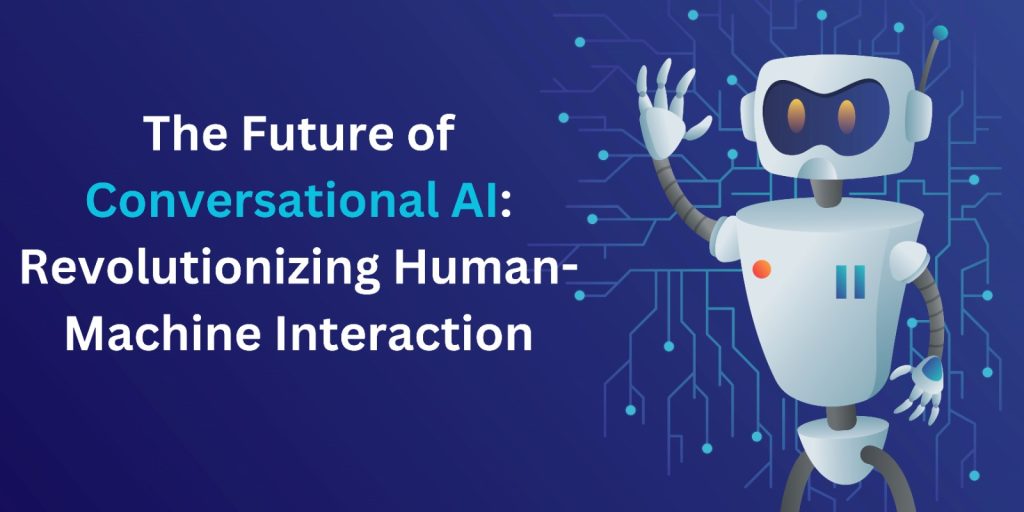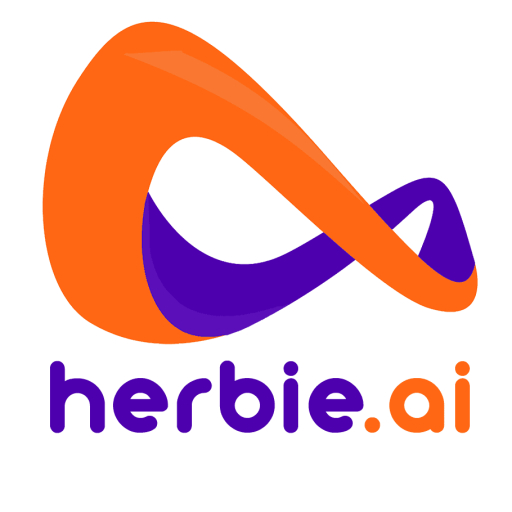
In today’s rapidly advancing technological landscape, Conversational AI has emerged as a powerful tool, transforming the way humans interact with machines. With advancements in Natural Language Processing (NLP), Machine Learning (ML), and voice recognition technologies, Conversational AI is reshaping various industries, from customer service to healthcare and beyond. In this blog post, we explore the exciting possibilities and the potential impact of Conversational AI in shaping our future.
Enhanced Customer Experience
Conversational AI is set to redefine customer experience by enabling more personalized and natural interactions. Chatbots and virtual assistants equipped with Conversational AI capabilities can understand and respond to customer queries, offer relevant recommendations, and provide tailored solutions. With the ability to mimic human conversation, these AI-powered assistants are enhancing customer engagement and satisfaction across industries.
Improved Business Efficiency
Organizations are increasingly leveraging Conversational AI to streamline operations and boost efficiency. Intelligent chatbots can handle repetitive tasks, such as answering frequently asked questions, scheduling appointments, or processing orders, freeing up human resources for more complex and strategic responsibilities. This automation not only saves time but also reduces costs and improves overall productivity.
Seamless Multilingual Communication
Conversational AI has the potential to break down language barriers. Advanced language processing capabilities allow chatbots to understand and respond in multiple languages, facilitating communication with customers from different regions and cultures. This opens up new markets and opportunities for businesses, fostering global expansion and cross-cultural interactions.
Voice-Enabled Interfaces
Voice recognition technology has witnessed significant advancements, thanks to Conversational AI. Voice-enabled virtual assistants like Siri, Google Assistant, and Alexa have become commonplace, allowing users to perform various tasks through voice commands. As voice interfaces become more accurate and natural, they are revolutionizing how we interact with technology, from smart homes to connected cars.
Personalized Healthcare
Conversational AI is making a significant impact on the healthcare industry. Intelligent healthcare chatbots and virtual assistants can provide personalized health recommendations, assist in symptom analysis, and deliver timely reminders for medication or appointments. Moreover, Conversational AI-powered healthcare platforms offer a discreet and accessible channel for patients to seek medical advice and support.
Smarter Virtual Collaboration
As remote work becomes increasingly prevalent, Conversational AI is transforming virtual collaboration. Intelligent chatbots and virtual assistants can facilitate team communication, schedule meetings, gather information, and provide real-time assistance, enhancing productivity and collaboration within distributed teams.
Ethical Considerations
As Conversational AI becomes more sophisticated, ethical considerations are vital. Ensuring privacy, data security, and avoiding biases in AI algorithms are crucial to building trust and maintaining the ethical use of Conversational AI. Striking the right balance between convenience, personalization, and user privacy will be key for future Conversational AI systems.
Conclusion
The future of Conversational AI is promising, offering tremendous potential to enhance customer experiences, improve business efficiency, and revolutionize various industries. As technology continues to evolve, Conversational AI will become even more intuitive, context-aware, and capable of understanding complex human emotions. Embracing and harnessing the power of Conversational AI will enable us to build a more connected, efficient, and intelligent future where human-machine interactions seamlessly coexist.
